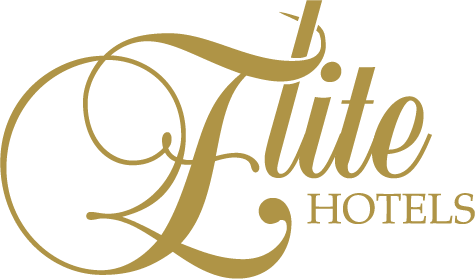As Easter fast approaches and we prepare to tear away the wrapping and tuck into our Easter Eggs, we take a look back at the origins of this celebration…
Traditional Easter celebrations focus on the Christian festival, a time where Christians reflect upon the crucifixion & death of Jesus (Good Friday) and his resurrection (Easter Sunday). In the run-up to Easter (during Lent) families would avoid eating foods such as meat and eggs and would instead decorate these eggs, painting them red. These decorations would be minimal and eggs were usually painted red, used to symbolise the blood of Christ, while the egg itself represented the tomb of Christ. The Victorians became increasingly creative with their eggs, placing them in decorated boxes and the traditions have evolved until the present day.
While Easter Eggs hold some symbolic connections with the Christian Easter celebration, the origins and connections of the beloved Easter Bunny are shrouded in mystery. Eggs and rabbits are symbols of rebirth and fertility across many cultures and it is thought that the Easter Bunny originates from German Folk Tales, brought to America by German Lutherans. These German tales have been thought to have mixed with pagan traditions creating the first carnation of the Easter Bunny we know today who delivers the eggs on Easter Sunday.
Different countries have alternatives to the Easter Bunny, in Switzerland for example, Eggs are delivered by a Cuckoo and in some parts of Germany, there is an Easter Fox.
Although the Easter ‘mascots’ differ from country to country, Easter is celebrated around the world in different ways. In India, celebrations are marked with parades and festivals, while Greece has an age-old tradition on the Saturday of Easter to throw pots out onto the streets. Italy finishes its celebrations with fireworks which explode from a wooden cart and in the USA, an annual presidential Easter egg roll happens on the White House Lawns.
We hope you have an enjoyable Easter weekend, however you choose to spend it.


